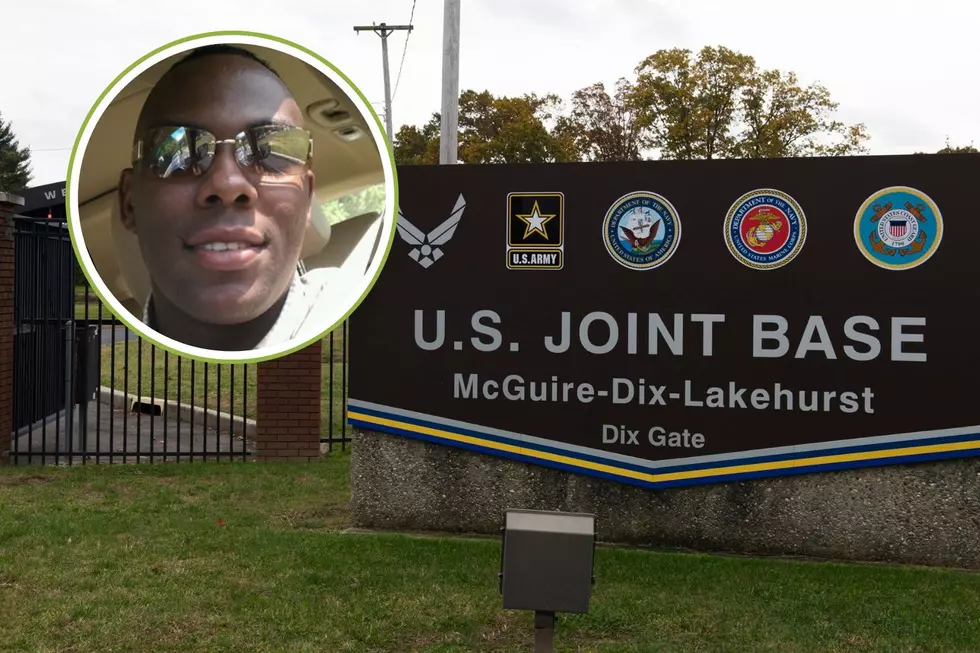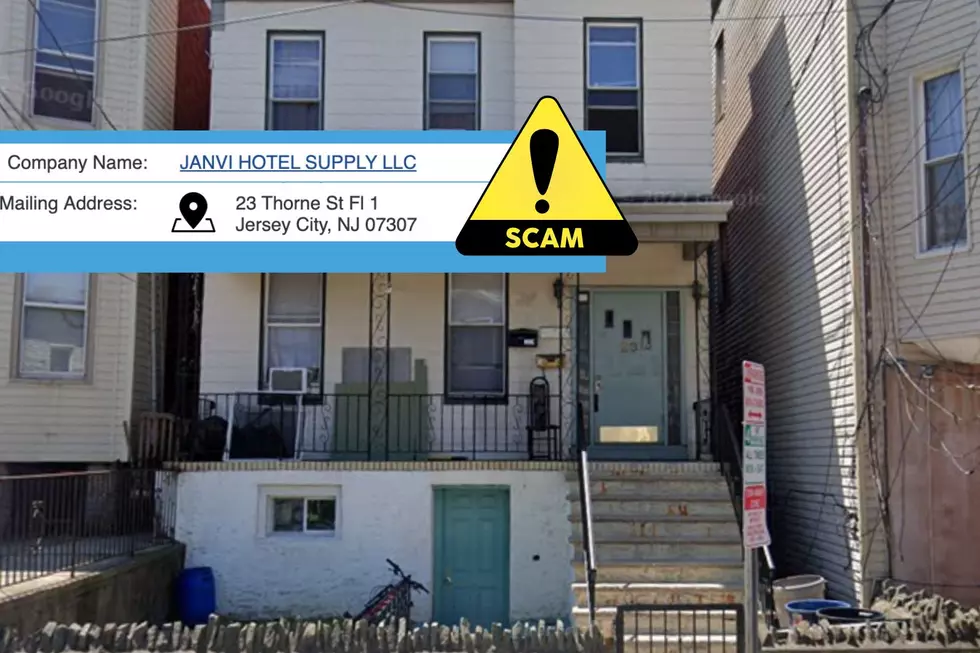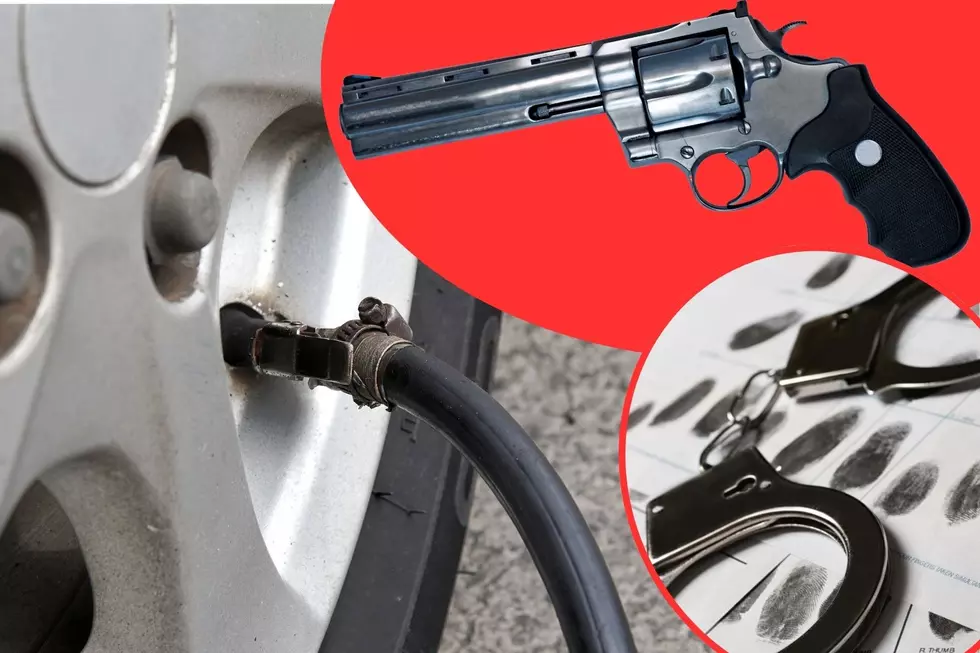![Chris Christie Says Drug Addiction Is A Treatable Disease [AUDIO]](http://townsquare.media/site/385/files/2012/03/christie17-630x405.jpg?w=980&q=75)
Chris Christie Says Drug Addiction Is A Treatable Disease [AUDIO]
Governor Chris Christie is calling for expanding the Garden State's successful Drug Court program with mandatory treatment for non-violent, drug-addicted offenders throughout all 21 New Jersey counties.
He's also asking for legislation to identify appropriate offenders for inclusion in the process.
"Today, I am proposing to expand this program throughout all 21 counties and allow judges to mandate drug treatment for non-violent offenders as a provision of their sentencing," says Christie. "This plan puts basic principles into action - that no life in our society is disposable, that drug addiction is a disease that can and must be treated, and that the biggest obstacle to dealing with addiction is denial."
There is bi-partisan support for the proposal. "Recognizing this for what it is - a treatable addiction - is a step in the right direction," says Democratic Assemblywoman Bonnie Watson Coleman. "Most non-violent drug offenders commit crimes mainly because of their relation to substance abuse. Offering treatment instead of incarceration is a wise and cost-effective move. The devil will, of course, be in the details and we need to vet the Governor's proposal fully, particularly to make sure it will reach target populations."
Republican Assemblywoman Holly Schepisi says, "I have seen first-hand how those suffering from drug addiction can turn their lives around and make a positive contribution to society. Drug rehabilitation offers non-violent offenders a life-changing opportunity. The potential savings from this program are sizable and reducing overcrowded prisons is an appropriate public policy."
Under the proposal there would be: Increased identification of eligible drug addicted non-violent offenders. As part of this effort, information on drug addiction and treatment would be required to be given to those charged with second and third drug degree offenses; a court ordered clinical assessment to determine suitability for drug court. Pre-sentencing reports would be required to include information regarding drug addiction and recommendations regarding whether an assessment should be ordered for a defendant; a requirement that Courts make a finding regarding addiction for any offender having a clinical assessment. If offenders are found to be drug addicted, meeting present drug court eligibility factors and are prison bound, then those offenders would be sentenced to the drug court program regardless of their desire to enter the program; and the courts must consider a defendant's cooperation in the process of drug treatment and assessment in sentencing a defendant to encourage and leverage cooperation and participation in drug treatment programming.
GOP State Senator Kip Bateman, a member of the Senate Judiciary and Law and Public Safety committees says, "This initiative will change lives and improve our society by helping nonviolent offenders get the treatment and support they need but might not otherwise pursue. We can also cut costs by not wasting money to house them in prison cells while they could instead get help to turn their lives around."
The Governor explains, "My plan will provide for treatment in a way that motivates addicted offenders to accept the rigors of rehabilitation, even though they may not volunteer for it. By doing so, we are striving to give these individuals the assistance they need to reform recurring habits in order to lead a better life and a have a more productive future."
Democratic State Senator Ray Lesniak is the prime sponsor of a legislative package designed to reduce criminal recidivism and create a pathway to recovery and rehabilitation for drug-addicted, nonviolent offenders. He's not completely sold on Christie's plan.
"Right now, half of the eligible drug court participants decline admission into the program," says Lesniak. "By opening the floodgates for all drug-court-eligible nonviolent offenders - as the Governor has proposed - we run the risk of crowding out folks who want to be there, and we risk the possibility of diminishing the effectiveness of drug recovery programs, where the group dynamic may suffer as a result of including people who are serious about recovery, and people who are only there because they're forced to be there."
More From New Jersey 101.5 FM









